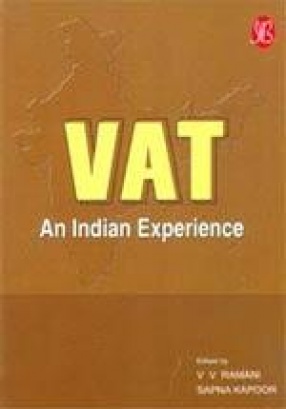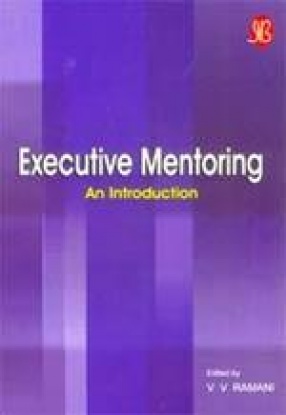The much-awaited Value-Added Tax (VAT) has been introduced in Indian Taxation System from April 1, 2005. Now, India is a part of other 123 countries following VAT led by UK in 1973. It is said that four years is a very short period in introducing VAT in the country as compared to ten years, on an average, by other countries. VAT is most certainly a more transparent and accurate system of taxation. The existing sales tax structure allows double taxation thereby, cascading the tax burden. VAT can be considered a multi-point sales tax with set-off for tax paid on purchases and capital good. What this means is that dealers can actually deduct the amount of tax paid for purchase from the tax collected on sales, thereby, paying just the balance amount to the Government. This book deals with the issues and the implications of VAT in India. The Indian tax system has allotted various taxes between the Centre and the states, with different states having different tax rates. There is a necessity for standardizing and bringing about uniformity in tax structures of the states, which will take time for implementation. The second section of the book deals with the impact of VAT on the Indian economy, pricing strategies, infrastructure and agriculture and other sectors of the economy. The State-VAT is only the beginning; the ultimate goal is to move to an Integrated Value-Added Tax structure for all goods and services combining the CENVAT, State VAT, and all other state level duties.
VAT: An Indian Experience
$17.10
$19.00
In stock
Free & Quick Delivery Worldwide
All orders amounting to US$ 50 or more qualify for Free Delivery Worldwide. For orders less than US$ 50, we offer Standard Delivery at $14 per book.
ABOUT THE AUTHOR Sapna Kapoor
Sapna Kapoor is a Post Graduate in Commerce and holds a Masters diploma in Business Administration in Finance from Symbiosis Institute of Business Management. Before joining ICFAI as Faculty Associate, she has worked with ICICI Bank and Deloitte. She has four years of Industry Experience. She has presented Papers in various seminars. Her areas of interest include Capital Markets, Portfolio Management, Corporate Planning, Tax Planning and Human Resource Management etc. She had been the President of Student Council of RBVRR Women's College, Hyderabad. She is the recipient of various Awards and Scholarships.
ABOUT THE AUTHOR V.V. Ramani
V.V. Ramani holds an M.A., Phil and a PGDM from Madras University. She is currently working as a Faculty Member and Consulting Editor with ICFAI University. She has over 18 years of industry and academic experience. She is the Joint Secretary of National Human Resources Development Network, Hyderabad Chapter and Vice President of CEASE Child Labor (an ILO Project). Her articles have been published in various magazines and management journals. She presented several papers in various conferences and seminars. Her areas of interest include Economics disciplines like Micro-Economics, Macro-Economics, International Trade, Public Finance and HR disciplines like Leadership, Organisational Development, Human Resource Management and Networking.
reviews
0 in total
Review by Anonymous
Be the first to review “VAT: An Indian Experience” Cancel reply
You must be logged in to post a review.
Bibliographic information
Title
VAT: An Indian Experience
Author
Edition
1st ed.
Publisher
ISBN
8131401103
Length
xiii+175p., Tables; Referenence; Index; 23cm.
Subjects
more by V.V. Ramani see more
Performance Management in Call Centres: An Introduction
Human resources are the most ...
$16.20
$18.00








There are no reviews yet.